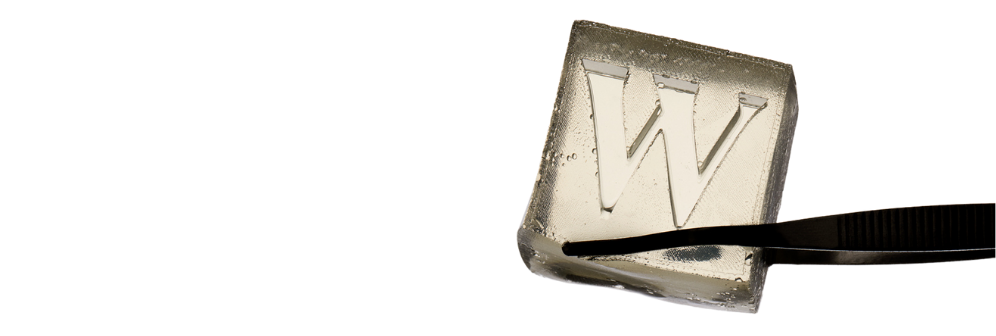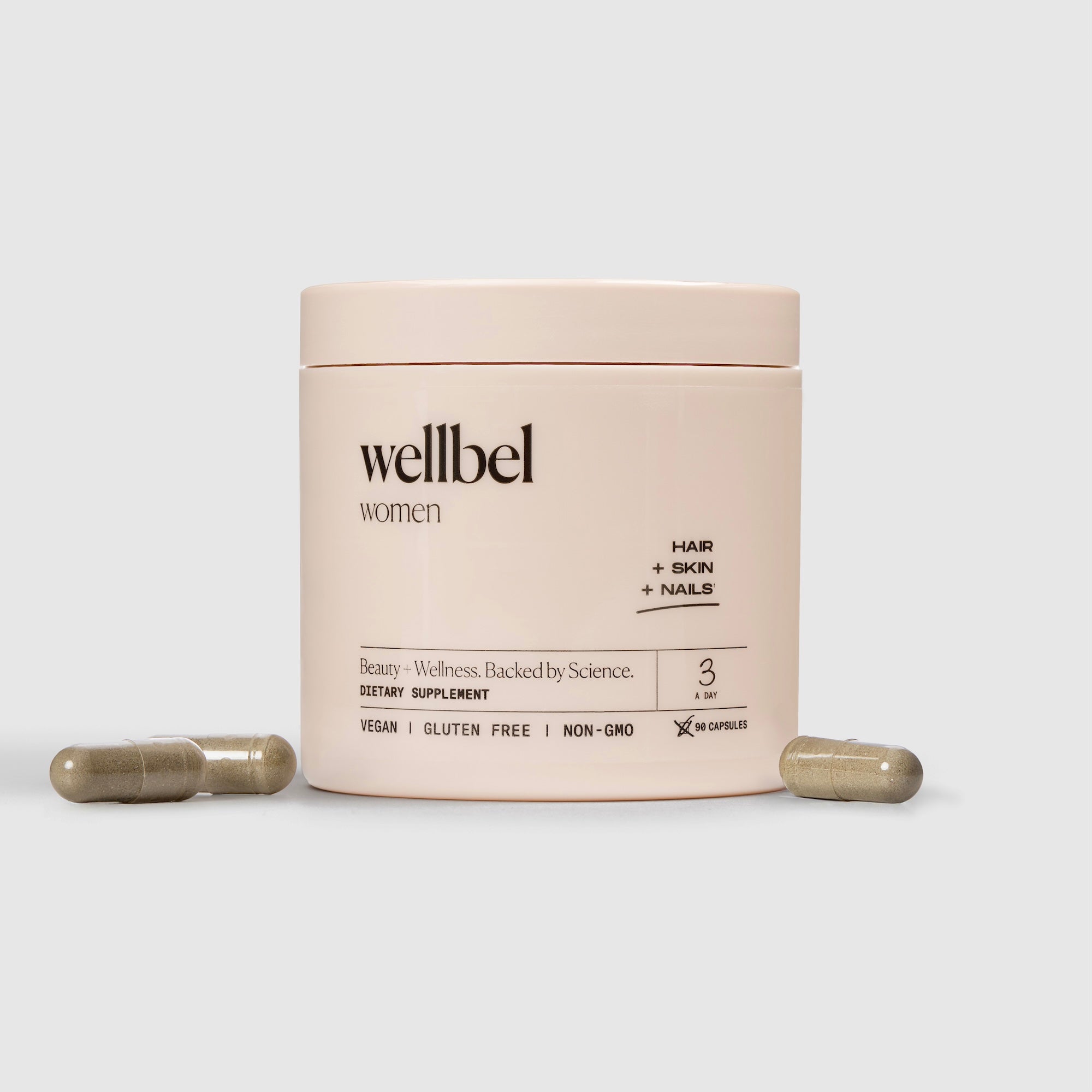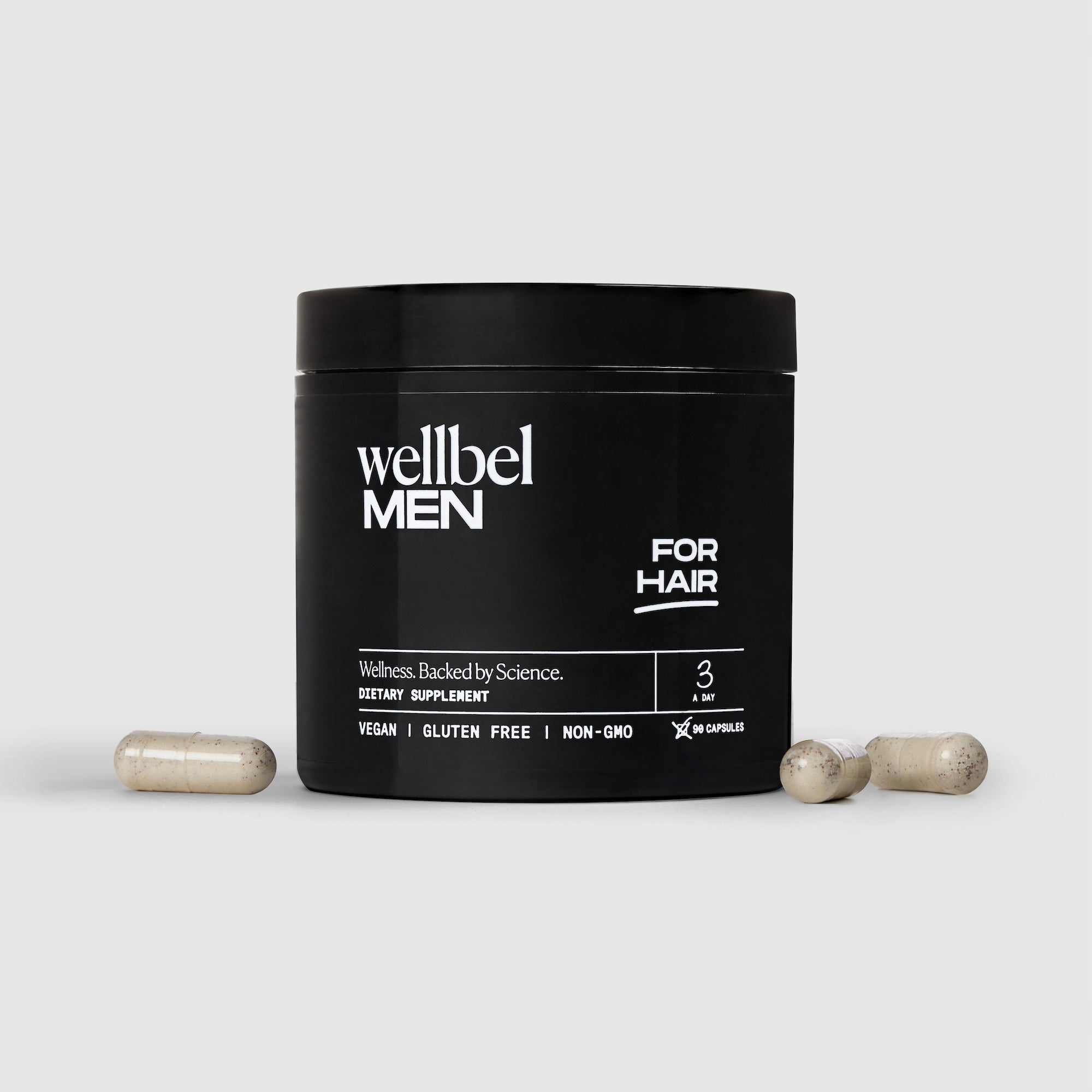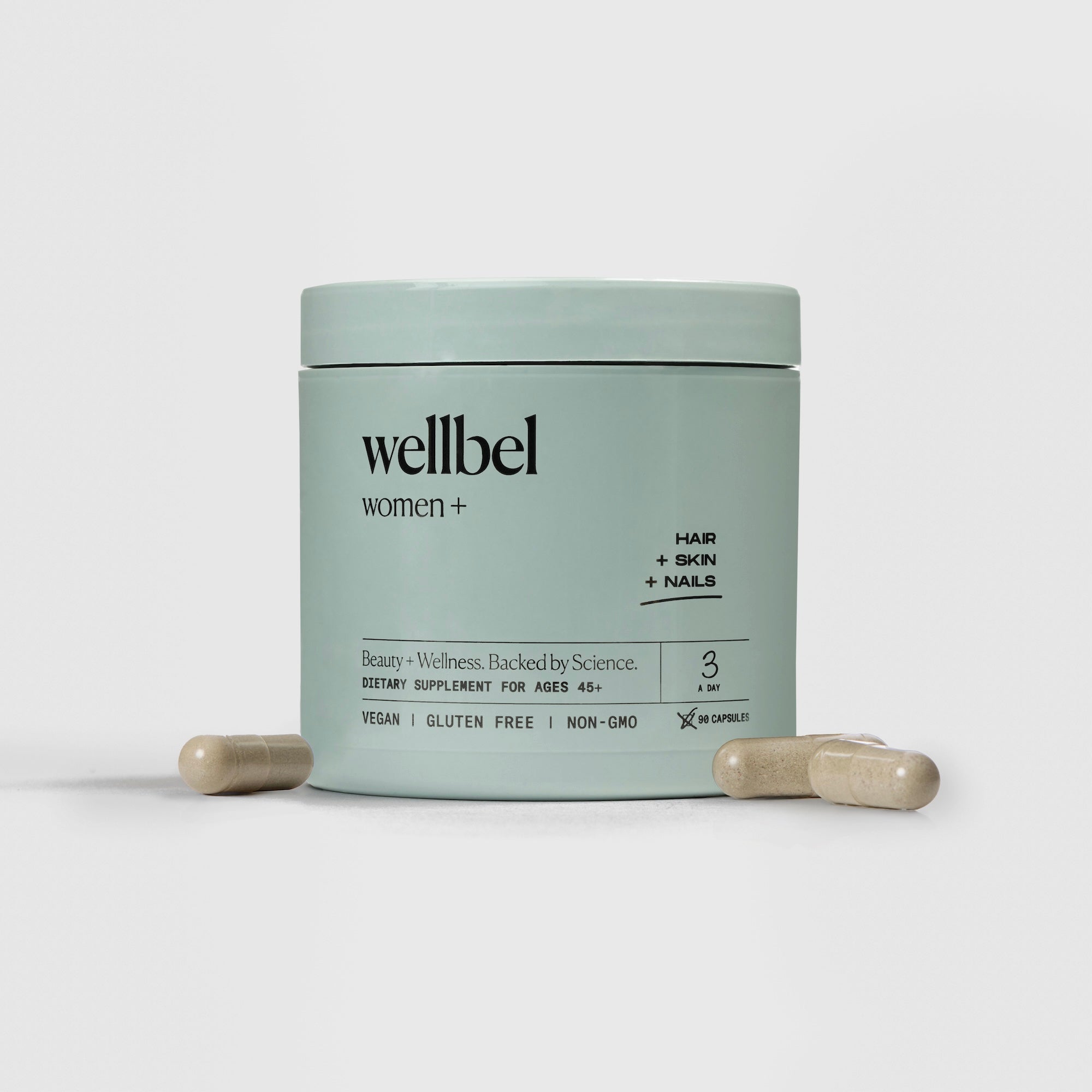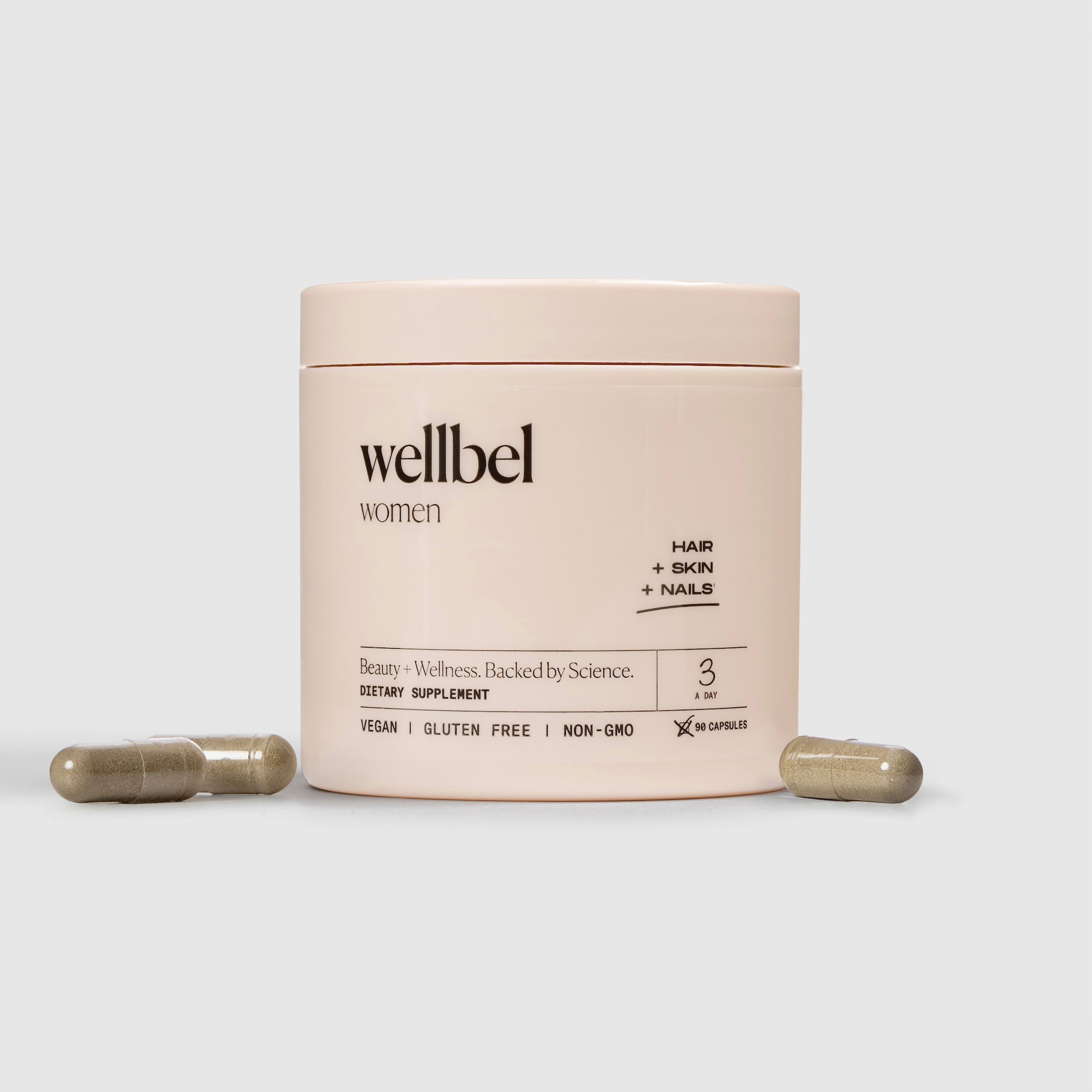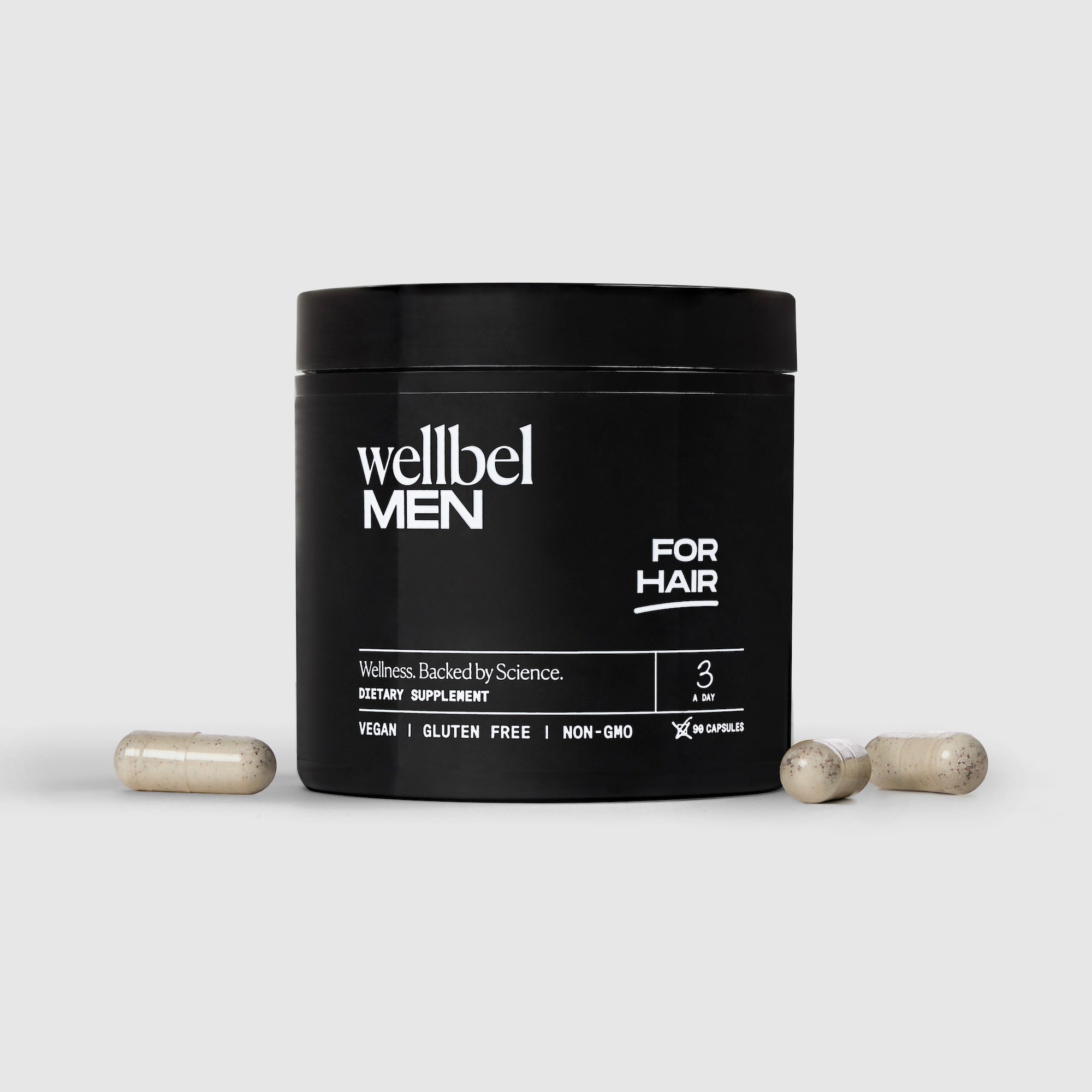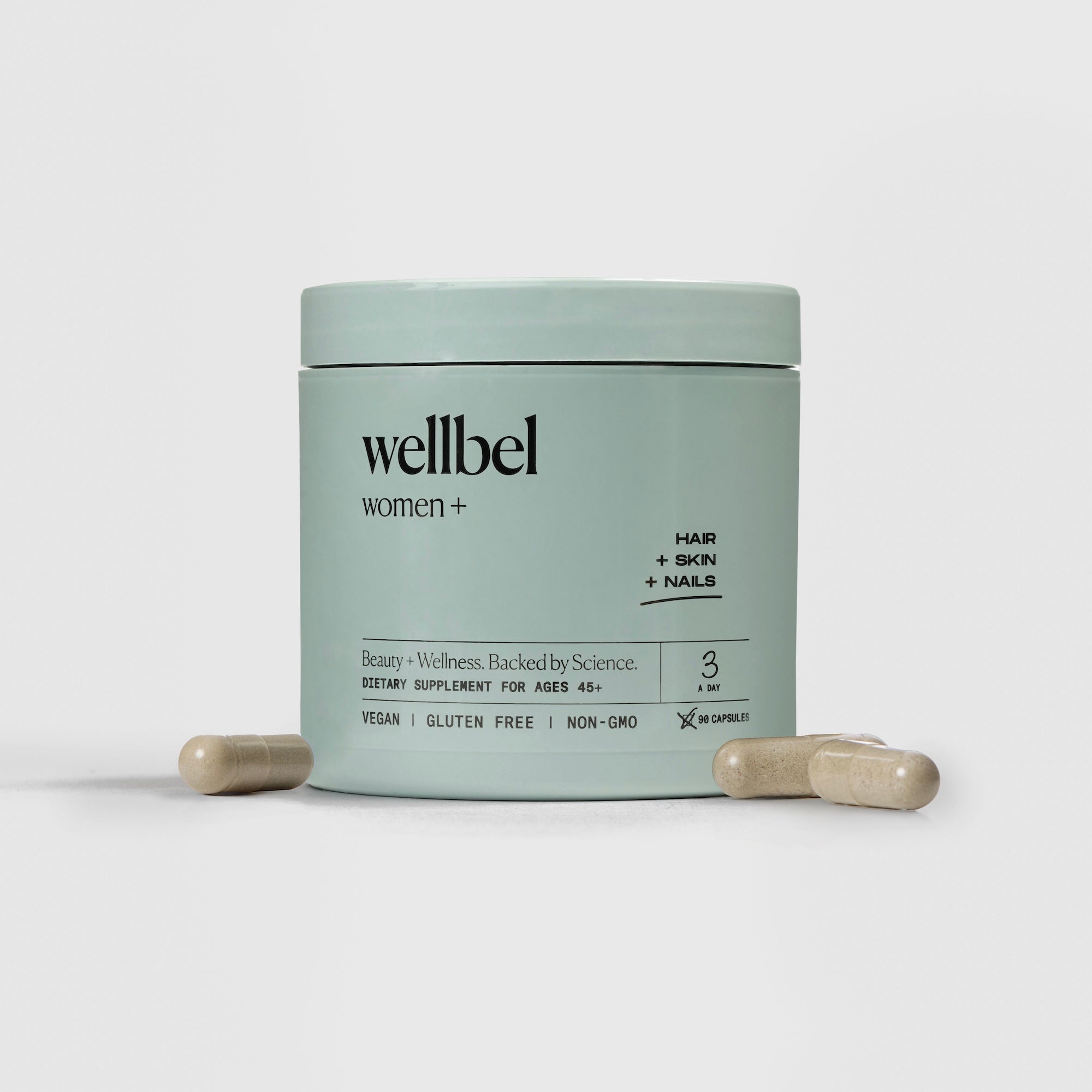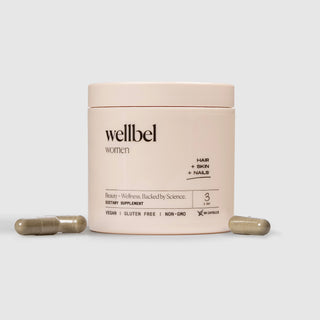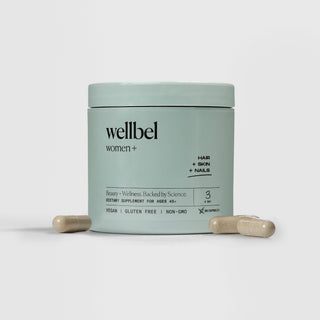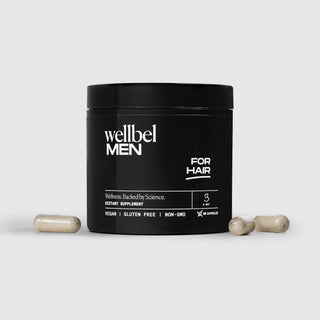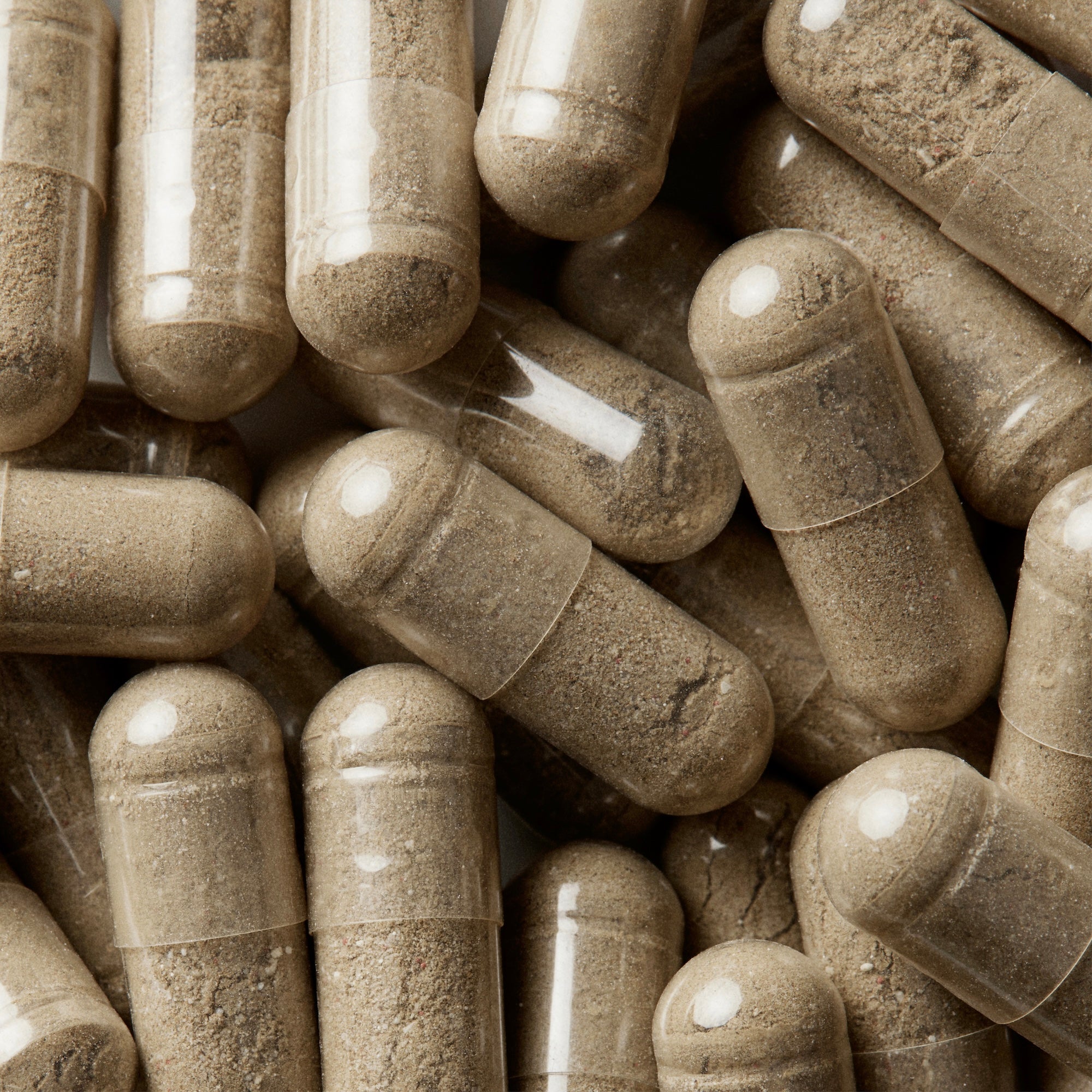For such a widespread phenomenon, it’s surprising just how many topics related to pregnancy are under-discussed. Everything from fertility to the real life details of what goes on in the delivery room can feel a little mysterious and out of reach to new parents.
One surprising but exceptionally common component to pregnancy is hair loss. In fact, it’s one of the reasons Wellbel was created in the first place. Dr. Dan, Wellbel’s Medical Director, formulated these supplements in part to support his sister, Dalia, a board-certified physician assistant who was dealing with postpartum hair loss.
Have you heard of postpartum hair loss before? It’s totally normal. According to the American Pregnancy Association, the most common form of pregnancy-related hair loss occurs approximately three months after delivery.
Sudden hair loss, also called telogen effluvium, can be surprising and even scary at first, but in most cases it’s perfectly safe. Keep reading for a guide to why this happens and what you can do to encourage new hair growth.
Understanding Postpartum Hair Loss
Let’s start with why postpartum hair loss happens in the first place.
The Science
Much of pregnancy can feel confounding and mysterious — not so, with postpartum hair loss. In most cases, there’s actually a very simple answer as to why it happens.
When you are pregnant, your body goes through a major hormonal shift. You produce more estrogen than when you’re not pregnant and this can have some surprising effects on your hair growth. You know that ‘glow’ people use to describe pregnant womens’ appearances? Well it’s not entirely in their heads.
The hormones produced during pregnancy promote hair growth and slow down normal hair shedding. Most non-pregnant people lose anywhere between fifty and a hundred individual strands a day. Pregnant people tend to have thicker hair and shed less. Most of their hair transitions from its growing phase, called the anagen phase, into the resting phase, called the telogen phase.
In short, so-called ‘pregnancy hair’ is actually a thing.
So what happens once pregnancy ends? A drop in those same hormones that promote hair growth, back to their pre pregnancy levels. As a result, many new mothers experience excessive shedding in the three months following delivery. Doctors call this telogen effluvium and it is usually triggered by a major physical event — you know, like labor.
Relatedly, you might have heard of something called a hair tourniquet, in which an individual strand of hair gets wrapped around a baby’s fingers or toes and can cause a loss of circulation. While the idea of a hair tourniquet is hardly comforting, it does underscore just how widespread postpartum hair loss is.
The Experience
That was the science, but let’s talk about what that actually feels like. For many people, hair loss is an unpleasant surprise. After the body has endured so much change, to then see your hair gathering in the shower drain — it’s a lot.
What’s important is to distinguish between hair shedding and hair loss. When estrogen levels drop following delivery, the scalp resumes its normal hair growth cycle. What feels like dramatic hair loss is actually just your return to normal.
Now, it’s not uncommon for your hair to also feel like it has a new texture. Consider what your body just went through; both the nine months of pregnancy, plus the act of giving birth are experiences bound to leave their traces. But after a few months, your new hair will likely start to resemble your old hair and by taking care with nourishing ingredients, you’ll soon stop noticing any excessive shedding.
What You Can Do to Address Postpartum Hair Loss
On that note, let’s talk about some postpartum hair loss treatment plans.
Take Care
One of the best things you can do to encourage hair growth is to make sure your body is getting all the vitamins and nutrients it needs. A hair follicle requires vitamin B12, vitamin A, and vitamin D to function at its best. Many of these nutrients can be found in a healthy diet, but to help support new hair growth, we’d also recommend a daily supplement once your pregnancy is over and you’re no longer breastfeeding.
Think of them like your postnatal vitamins, rather than prenatal vitamins. You’re helping your body restore its natural balance and encouraging new, healthy hair in the process. Wellbel Women is a clean, vegan, and physician-backed formula that can help you reclaim your hair confidence after pregnancy.
Stay Calm
When you experience postpartum hair loss, it’s totally normal to feel scared or concerned. At a time when all of your attention is directed at your new baby, it can be easy to forget to take care of yourself.
In addition to your hormone levels, hair follicles and hair growth are also responsive to your stress levels and sleep patterns. Regular stress is incompatible with healthy hair growth and can actually lead to hair loss.
New parents often deal with irregular sleep patterns and chronic anxiety. It’s no wonder why. This is perhaps the biggest transition of their lives and it’s only natural to want to do it right.
That said, don’t lose sight of your self-care routines. Little moments like taking a shower or giving your partner the time and space to take a nap (and vice versa) will go a long way. Don’t be afraid to ask for help from your family, friends, and wider community. It truly takes a village and one of the best ways you can parent is to demonstrate caring for yourself.
Seek Guidance
While most people experience postpartum hair loss as a temporary phase, related to a drop in pregnancy hormones, further hair loss is possible. If you’re having a hard time with hair regrowth, don’t hesitate to reach out to your doctor to seek answers.
Remember, you are their patient, just as much as your baby. A doctor can help you understand the difference between what is normal and what should be monitored more closely.
Closing The Loop On Postpartum Hair Loss
For many women and people who experience pregnancies, hair loss is a surprising postpartum condition they weren’t necessarily prepared for. If you’re dealing with this right now, and wondering how long does postpartum hair loss last, the truth is it’s a little different for everyone. Hormone changes are highly personal, as is hair growth, which is highly influenced by your vitamin and mineral intake, as well as your sleep and stress levels.
While it’s normal to want to prevent postpartum hair loss, these hormonal changes are sometimes unavoidable. Think about it like this: the hormonal shifts that both cause hair growth and lead to shedding are actually signs that the pregnancy is progressing as it should, from the first trimester, to the fourth.
While it might be a surprising phenomenon, with some TLC and nutrition, you can weather the storm and bring your hair back even stronger. Lots of luck.
Sources:
Pregnancy and Hair Loss | American Pregnancy Association
Postpartum Hair Loss: Your Guide to Shedding After Pregnancy | Parents Magazine
A Mother’s Guide to the Fourth Trimester | Columbia University
